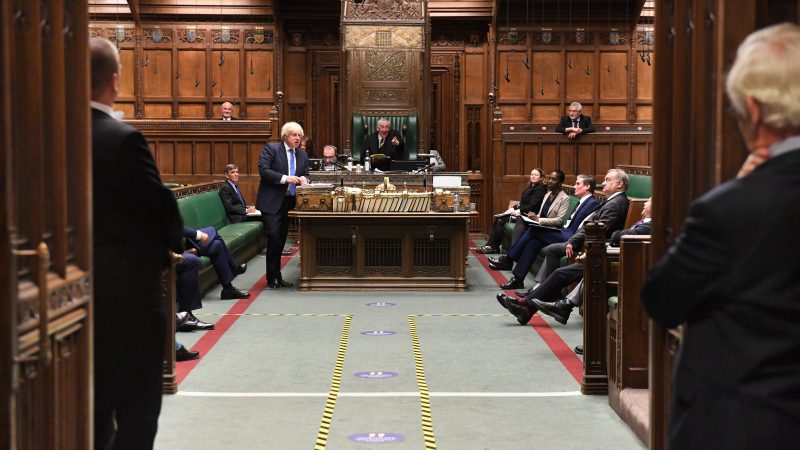
The Labour Party has a problem. We know our opponents are using made-up ‘culture war’ controversies against us. But we don’t really know what to do about it.
We can’t ignore each conflict the Tories throw our way in the hope they’ll fizzle out if we say nothing. They won’t. We can’t concede the fight on critical issues of social justice and betray causes we hold dear. And we can’t defend our corner with strident, alienating militancy because we know that’s what our opponents are hoping we will do. Whichever way we turn, we lose, because people end up seeing us as either evasive, phoney or extreme.
A new Fabian Society report, published today, proposes another way. It is the way of the Batley and Spen by-election and the inclusive, progressive patriotism of the England football team. Labour’s response to concocted rows designed to divide must be to showcase unity, solidarity and a bright shared future. The party must bring people together while staying true to who we are.
The report’s authors, Kirsty McNeill and Roger Harding, are seasoned campaigners and they come with a forensic diagnosis of the left’s dilemma. They show that culture war controversies distract the left from other vital issues; they create divisions both amongst ourselves and between us and our potential supporters; and they demoralise us by creating a toxic public square we would all rather not endure.
We’ve always had political disagreements linked to values and identity. But culture war controversies are different. They are issues that have been deliberately weaponised by provocateurs whose aim is to engage and enrage on an emotional level rather than find a rational solution. These are rows designed to inspire ‘in group’ loyalty and ‘out group’ othering; they focus on ‘zero sum’ thinking where there must be losers whenever someone wins; and they magnify the minor, the marginal and the made-up to fan the flames.
In the United States, the culture wars are rooted in some pretty fundamental values divides, largely linked to the role of religion in public life. But in the UK we don’t have the same searing social cleavages. By and large, society has moved together over the least 40 years to become more socially liberal and inclusive. In this country, the culture wars are an elite political project: strategies pursued by political and media actors, usually for partisan advantage or commercial gain, and only loosely connected to the contours of public opinion.
For the peddlers of culture wars, the polarisation is the point. That’s why, for Labour, the goal cannot be to win each culture war but to end them and deny the culture warriors the fight they want. The answer is to create stronger stories rooted in what unites people, not what divides them, with the aim of building broad, diverse coalitions of support.
In Counter Culture, Harding and McNeill argue that this endeavour must start with the left having a bolder, clearer vision of the world we want. Labour needs an economic story where everyone can see a bright future for themselves and their family, and a secure place in our diverse, changing society.
This is not about ignoring the values conversation. It is about having a better conversation of our own that blends a credible promise of shared material security with an alternative story of identity. We need a narrative about how we can all live together well: a feeling of joint ownership of identity and national story, as reflected in the opening night of the 2012 Olympics and for people in England the success of their new-style football team.
Labour must not offer stilted, inauthentic flag-waving and we shouldn’t overthink it. When culture is being weaponised against us, we need to bin the scripts and awkward soundbites and find stories and images that come from the heart and speak to everyone’s sense of pride and belonging.
The party also needs to take some calculated risks and call out the peddlers of the culture wars. When the right tries to distract or divide us with fake controversies, the left needs to start pointing it out and explaining what’s going on. Sense-making is a key function of political leadership and politicians can earn a hearing if they call out the elite-run, bad-faith rows and controversies, spelling out what is happening and why.
It will take some guts to do this and it won’t work every time. But Labour has to explain who is trying to divide us and why, before presenting its alternative of a fairer, more united and prosperous future for us all. The Counter Culture report concludes that wishing the culture wars away is not an option. Only a politics of courage and conviction will see Labour safely through this angry, divisive moment in British public life.




More from LabourList
Nudification apps facilitate digital sexual assault – and they should be banned
Diane Abbott suspended from Labour after defending racism comments
Labour campaign groups join forces to call for reinstatement of MPs